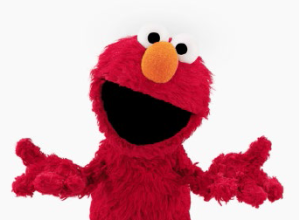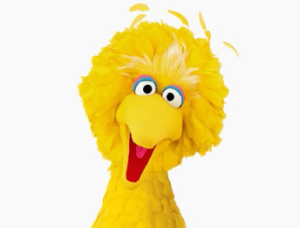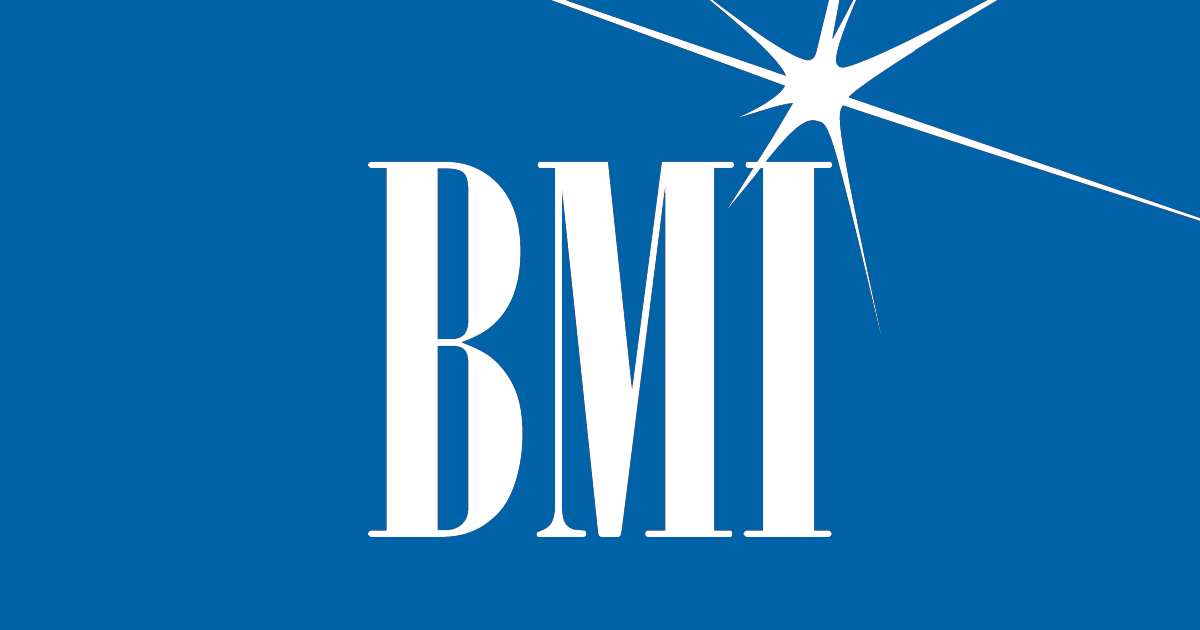 Sesame Workshop, the nonprofit organization behind Sesame Street, has filed two identical lawsuits in the Northern District of Indiana against a group of unidentified online sellers accused of selling counterfeit and unauthorized products featuring its well-known characters and trademarks including SESAME STREET, BIG BIRD (Copyright Reg. No. VA0001693460), BERT (Copyright Reg. No. VA0001693461), COOKIE MONSTER (Copyright Registration No. VA0001693456), ERNIE (Copyright Reg. No. VA0001693452), OSCAR THE GROUCH, and ELMO’S WORLD (Elmo Copyright Reg. No. VA0001693455). The complaints argue that these sellers operate e-commerce stores on platforms such as Amazon, eBay, AliExpress, and DHGate, often under multiple aliases, in an effort to hide their identities and avoid accountability.
Sesame Workshop, the nonprofit organization behind Sesame Street, has filed two identical lawsuits in the Northern District of Indiana against a group of unidentified online sellers accused of selling counterfeit and unauthorized products featuring its well-known characters and trademarks including SESAME STREET, BIG BIRD (Copyright Reg. No. VA0001693460), BERT (Copyright Reg. No. VA0001693461), COOKIE MONSTER (Copyright Registration No. VA0001693456), ERNIE (Copyright Reg. No. VA0001693452), OSCAR THE GROUCH, and ELMO’S WORLD (Elmo Copyright Reg. No. VA0001693455). The complaints argue that these sellers operate e-commerce stores on platforms such as Amazon, eBay, AliExpress, and DHGate, often under multiple aliases, in an effort to hide their identities and avoid accountability.
Sesame Workshop claims that these sellers use its trademarks and copyrighted works without permission, misleading consumers into thinking the products are genuine. The organization explains that this type of counterfeiting not only harms its reputation but also confuses buyers, reduces the value of its brand, and diverts sales from legitimate, licensed products.
products are genuine. The organization explains that this type of counterfeiting not only harms its reputation but also confuses buyers, reduces the value of its brand, and diverts sales from legitimate, licensed products.
The lawsuits describe Sesame Street’s long history and its global cultural impact, noting the extensive protections the organization has obtained through U.S. trademark and copyright registrations, including more than 39 copyrights and trademarks. They also point to the economic consequences of counterfeit goods, referencing reports that show job losses and lost tax revenue caused by infringing imports.
 Indiana Intellectual Property Law News
Indiana Intellectual Property Law News











